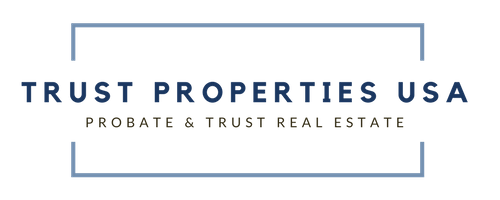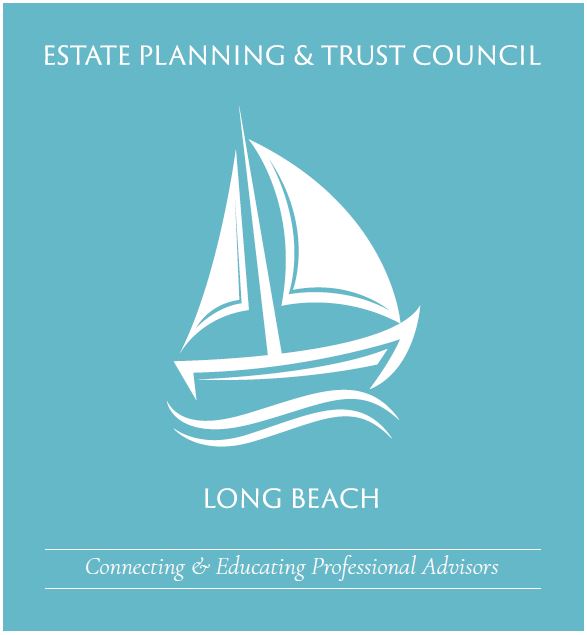Most Common Estate Planning Mistakes That Often Lead to Litigation or Other Court Required Actions and How to Avoid Them

Most Common Estate Planning Mistakes That Often Lead to Litigation or Other Court Required Actions and How to Avoid Them. Presented by Paul Velasco
Paul D. Velasco is the principal of Velasco Law Group, APC, in Long Beach, California. Paul has been practicing for more than 18 years and focuses his practice exclusively on estate planning, probate and trust administration, as well as probate and trust litigation. He is certified by the State Bar of California Board of Legal Specialization as a Certified Specialist in estate planning, trust and probate law, a distinction held by less than one percent of all attorneys in California.
He has lectured extensively for wealth management advisors, corporate trustees and other professionals on trust and estate planning matters. Paul and his firm have represented Farmers & Merchants Trust Company of Long Beach, Wells Fargo Bank, N.A., Union Bank, and other professional trustees as legal counsel on various trust, probate and litigation matters. Paul is also fluent in Spanish, one of a few bilingual estate planning attorneys in the entire State of California. He is a member of the Trusts and Estates Section of the State Bar of California and the Estate Planning and Trust Council of Long Beach. Paul is also very active in the community.
He is a Volunteer Attorney for the City of Santa Fe Springs Legal Services programs, which offers free legal services to low income residents, and he sits on the Board of Directors of CAPC, Inc., a non-profit organization in Whittier, California, whose mission is to empower adults with disabilities to realize their full potential and live independently. Education: Loyola Law School, Los Angeles, California, 1997.
Most Common Estate Planning Mistakes That Often Lead to Litigation or Other Court Required Actions and How to Avoid Them.
For Example:
- Failure to properly fund the Trust leads to probate or other proceedings. There are steps that estate planners can take to avoid this result even when clients make funding mistakes, as we know they often do. Because of the provisions that we now include in all Trusts, in my 22 years of practice, I have never had to probate an estate in which I was the drafting attorney—even when my clients failed to properly title real property and other assets that they acquired years after the trust was created.
- Failure to choose the right trustee often leads to failed post-death administrations that end up in Court. There is a lot more that goes into choosing the right trustee than meets the eye. I will discuss how estate planners can minimize the risk of fiduciary litigation on death or incapacity of the settlors.
- Failure to address in the Trust the settlor’s intent regarding the disposition of jointly titled assets. Often, when a trust creator dies, there are accounts or other assets that are titled jointly between the settlor and certain children or other individuals, rather than in the name of the Trust. Sometimes these joint accounts are established for convenience only—for example, in order to allow a child to have access to the account in the event of the settlor’s illness or in order to assist the settlor with his or her financial affairs—but without an understanding that funds remaining in the joint account at death will automatically pass to that surviving joint tenant by operation of law and NOT according to the terms of the settlor’s Trust. This often results in misunderstandings and leads to family discord and disputes, including litigation regarding the unstated intent of the settlor. I will suggest provisions that can be included in the Trust in order to avoid or minimize such disputes.
- Failure to properly advise married clients regarding the different types of Trusts that can be created to address their desires regarding the disposition of the Trust upon the death of the first spouse. What happens to the trust assets on the death of the first spouse? Should the trust estate be divided into two or more separate trusts (e.g., AB Trust)? Should the surviving spouse have the power to revoke or amend the Trust? I will briefly discuss the various options available to married couples and the different consequences of those options. Also, many clients are “stuck” with a mandatory AB Trust after the death of the first spouse when the consequences of this type of trust were never explained to them prior to signing it. I will discuss how these irrevocable trusts, which often lead to unwanted burdens and inconveniences for the family, as we well as adverse income tax consequences, can be “fixed” or modified after the death of the first spouse.
- Failure to properly advise clients of available options for distributing assets to their children and other beneficiaries at death in a manner that protects those beneficiaries from divorce, lawsuits, creditors and other potential problems. Most estate plans provide for an outright distribution to the children at the death of the settlors, which offers no protections whatsoever for those beneficiaries. There are estate planning tools available to protect children and grandchildren and to help ensure that inheritances can be preserved, not only for children but for future generations as well.
Thank you to this month's speaker sponsor, Paul Hargraves with Trust Properties USA



